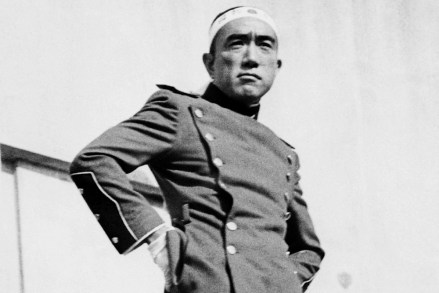A winter’s tale: Brightly Shining, by Ingvild Rishoi, reviewed
More from BooksWith Christmas only just gone, I hope it’s not too late to recommend Ingvild Rishoi’s bittersweet seasonal novella – a bestseller in Norway which now comes into English in Caroline Waight’s crisp and fluent prose. Here’s a child’s-eye story about adult griefs and troubles which uses dramatic irony to consistent effect; a skinny little narrative






























